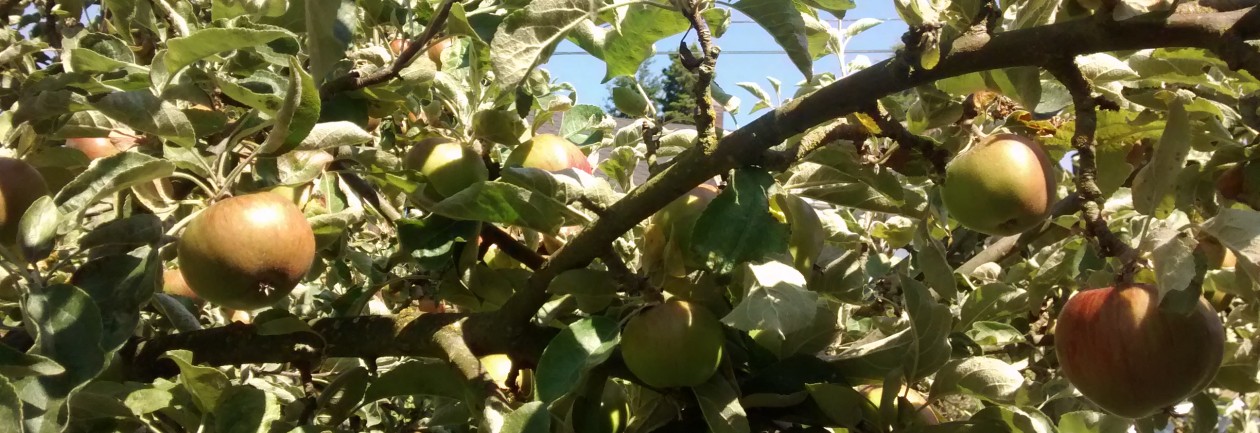For six years you are to sow your land and to gather in its produce, but in the seventh, you are to let it go and let it be, that the needy of your people may eat, and what they (allow to) remain, the wildlife of the field may eat. Do thus with your vineyard, with your olive-grove.
– Exodus 23: 10-11
Anyone who locks his vineyard of fences off his agricultural field in the Sabbatical year has nullified a positive commandment.
– Rambam, Mishne Torah, Hilchot Shmita v’Yovel 4.24
In the seventh year, there is a sense in which a sharing economy replaces the traditional economy. For those looking to become part of a share-based community close to home, the “Buy Nothing” communities on Facebook are a good place to start.
I was first alerted to the existence of the community during (what else?) a discussion of Shmita that took place last summer. Since joining my neighborhood’s Buy Nothing community, I have seen so much. The mother who has a bag of outgrown clothes for a 2 year old boy that she would like to “gift;” the person who has bought a new appliance or cookware and wants to “gift” the things she has replaced, etc. Thus one person’s super-abundance fills another person’s need.
In addition to these simple acts of generosity, I have also seen acts of pure compassion that have brought tears to my eyes. Occasionally someone will post a request for someone they know who is in a more dire form of need. The NE Seattle group is gathering boxes to move a family out of a domestics violence situation, filling the holiday wish lists of children whose grown-ups are in the hospital, and putting together equipment for a cooking class for developmentally disabled adults.
The Queen Anne/Magnolia group has organized members to cook a dinner for Tent City, an encampment of about 100 homeless men and women, which is temporarily hosted by a small university in our neighborhood.
According to one friend who is also a member, “Buy Nothing has brought back meaning to the term ‘neighborhood community.'”
In the Seattle area, there are (at least) six Buy Nothing communities – in Northeast Seattle, UW/ Ravenna/Laurelhurst, Queen Anne/Magnolia, Southeast Seattle, and Shoreline. These are closed groups. To join you must submit your name, and then answer a few questions about who you are, where you live, and why you want to be a part of the community.
Perhaps, in addition to just the “mere” equitable and needs-based distribution of food that the seventh year seems explicitly designed to cultivate, the less tangible benefit would be exactly this simple awareness of the needs that exist in our communities, of the places where one person’s suffering can so easily and lovingly be relieved by someone else, if only they knew and could be brought in contact with one another.
Such a simple thing – these Buy Nothing groups. Yet they truly blur the line between “online community” and real community.
